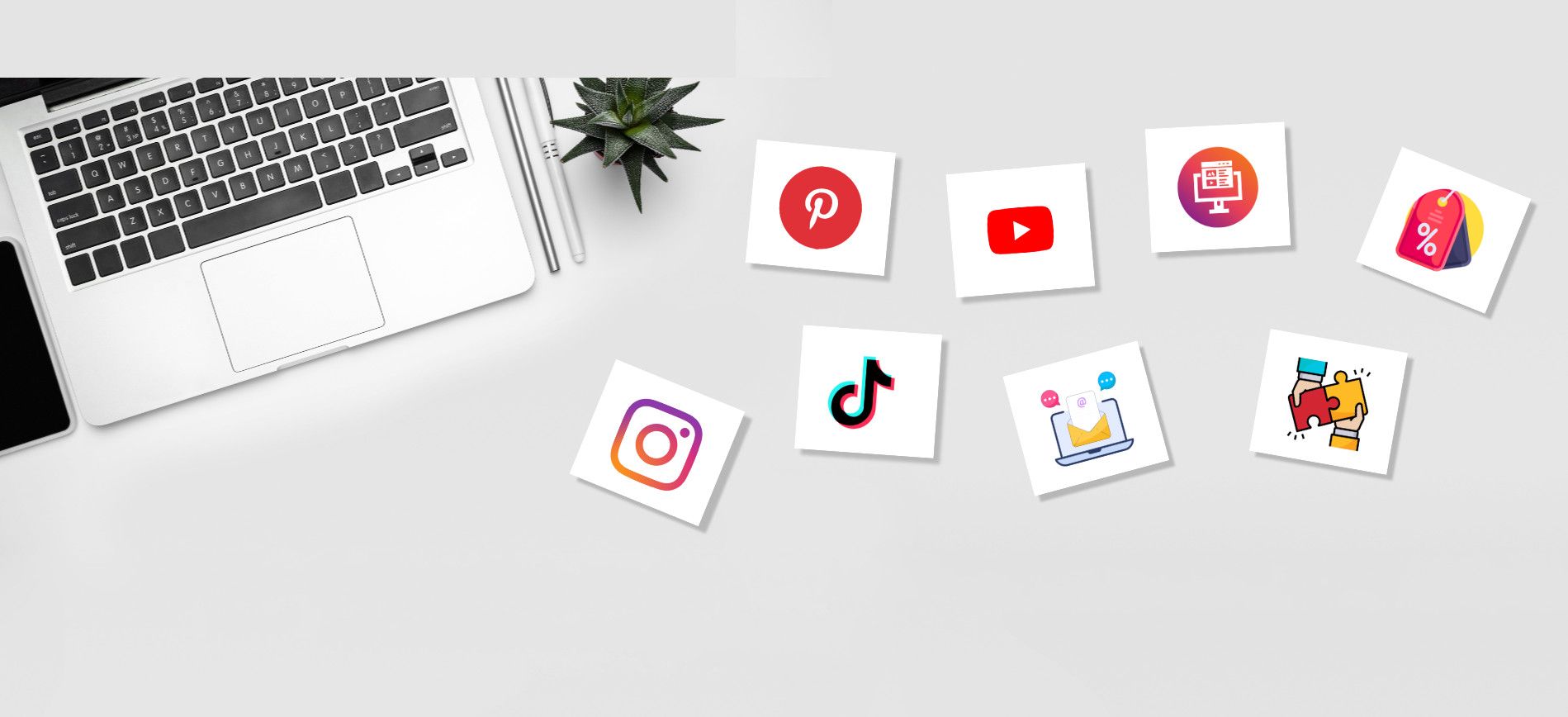How to reach more customers globally with virtual events
June 1, 2023
In recent years, technology has made it easier than ever for businesses to connect with customers and clients all over the world. Gone are the days when companies had to rely solely on in-person events to generate interest and excitement around their products or services. Now, with virtual events, businesses can reach a global audience without spending a fortune on travel and accommodations.
What's more, online events offer opportunities for greater engagement and interaction than in-person events, making them an ideal way to create memorable experiences for your audience. And because online events can be easily shared and promoted through social media and other online channels, they offer a cost-effective way to reach a wide range of potential customers. Whether you're looking to launch a new product, build brand awareness, or generate leads, online events offer a powerful marketing solution.
Moreover, virtual events are an excellent way to reach new customers on a global scale. First, virtual events eliminate the need for travel. This means your potential customer pool is no longer limited to those who can physically attend an event. Second, with a virtual event, you have the opportunity to reach people in different time zones by recording the event and making it available on-demand. And third, you can use marketing automation tools to score and segment leads so you can follow up with the hottest prospects after the event.
In short, if you're looking for a cost-effective way to reach more customers globally and promote your business, virtual events are the way to go. Here's a step-by-step guide on how to get started.
1. Define your target audience
Determining your target audience is an essential first step in planning any online event. You need to think about; Who do you want to reach with your event? What needs do they have that your product or service can address? Keep these questions in mind as you determine your event topic and format.
In addition, remember that your target audience will also dictate what kind of marketing you'll need to do to get their attention and interest. For example, if you're targeting young professionals, you'll need to use different marketing channels than if you're targeting seniors. Equally important, you'll need to make sure your online event offers experiences that are relevant and engaging for your target audience. By taking the time to understand your target audience, you'll be able to create an online event that is successful and meets their needs.
2. Define your goals
Before you start planning your virtual event, it's important to take a step back and think about what you want to achieve. Are you looking to generate leads? Drive sales? Increase brand awareness? Once you've defined your goals, you can start planning your event accordingly.
Keep your audience's interests in mind as you create your event. What kind of experiences do they want to have? What will keep them engaged throughout the event? By putting yourself in your audience's shoes, you can create an online event that truly resonates with them. And don't forget about marketing! Be sure to promote your event online and offline to ensure maximum interest and engagement. With a little planning, you can create an online event that accomplishes all of your goals.
3. Choose the right platform
When planning an online event, it's important to select the right platform. There are many different options available, and each has its own advantages and disadvantages. So, it's important to choose the platform that best meets your needs and interests. By doing so, you can ensure that your virtual event is a success.
Whether you're looking to host a live event with multiple speakers or want to create a more immersive experience for your attendees, there's a virtual event platform that's right for you. Marquet, Zoom and GoToWebinar are good options if you're interested in hosting a live event, while VR platforms like Unreal Engine or Unity can create a more immersive experience for your audience.
Consider factors like the size of your audience, your budget, and your goals for the event. It's also important to think about your audience's experience. Will they be able to easily use the platform? Will they be able to engage with the content? Keep these things in mind when making your decision. The right platform can make all the difference when it comes to hosting a successful online event.
4. Promote your event
Once you have selected a topic and platform, it's time to start promoting your event. Just because your event is online doesn't mean you shouldn't promote it. In fact, you should promote your online event just as you would an in-person event. Building online experiences for your audience doesn't stop at the event itself. By promoting your online event, you'll generate interest and engagement from your audience.
It's important to market your event so that potential attendees know what you have to offer and why they should participate. By using a variety of marketing channels, you can reach a wider audience and promote your event more effectively. Email marketing, social media, paid advertising and even print if necessary are all great tools for promoting your upcoming virtual event. Don't forget to include a clear call-to-action so people know how to sign up or participate. So don't underestimate the power of promotion when it comes to online events. It could be the difference between a successful event and one that falls flat.
5. Engage your audience
Once your online event is underway, it's important to keep your audience engaged. This can be done in a number of ways, depending on the type of event you're hosting. If you're giving a presentation, for example, make sure to use engaging visuals and clear language that everyone can understand. And if you're hosting a panel discussion or interview, encourage audience members to ask questions via the chat function.
Regardless of the format, it's important to keep your audience engaged so they walk away with positive experiences and an interest in your brand or product. By ensuring a high level of engagement, you'll create positive word-of-mouth marketing for your business.
6. Follow up with attendees post-event
Once your virtual event is over, it's important to follow up with attendees to thank them for their interest and engagement. You can do this via email or phone. This is also a great opportunity to send them additional information related to the topics covered during the event and invite them to learn more about your product or service by signing up for a free trial or demo.
By following up after your event, you'll continue to nurture relationships with your audience and further market your experiences. You'll keep your attendees engaged and show them that you value their time and feedback. What's more, you'll be able to use their feedback to improve future events. So don't forget to reach out after your next online event!
Virtual events are a great way to expand your customers base and reach new clients all over the world without spending a fortune on travel and accommodations costs. When planning a virtual event, it's important to define your goals ahead of time and choose the right platform based on your specific needs. You should also promote your event using all your available marketing and sales channels and follow up with attendees afterwards to thank them for their time and feedback. Consider these tips when using virtual events as part of our marketing strategy.





